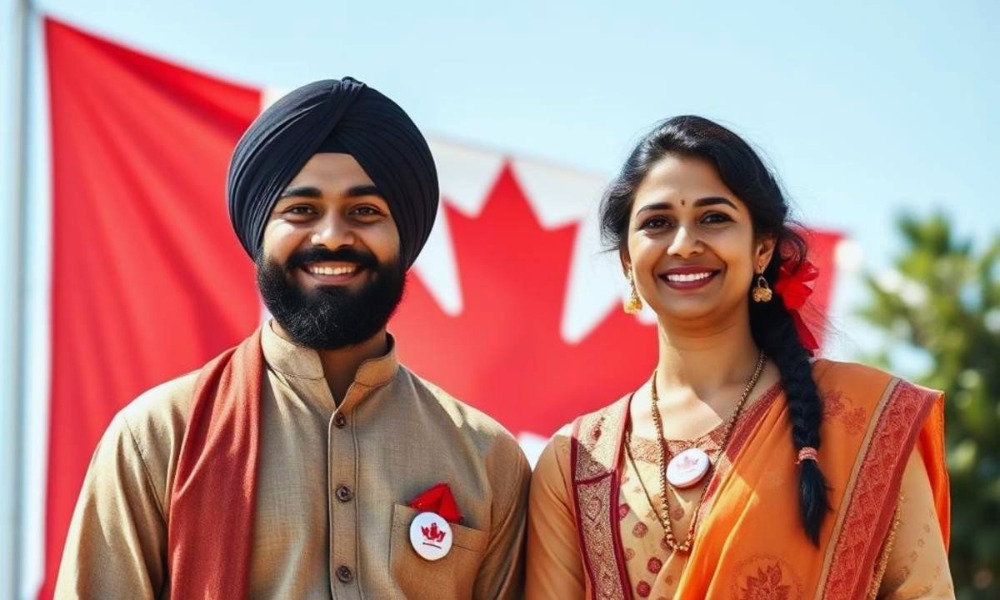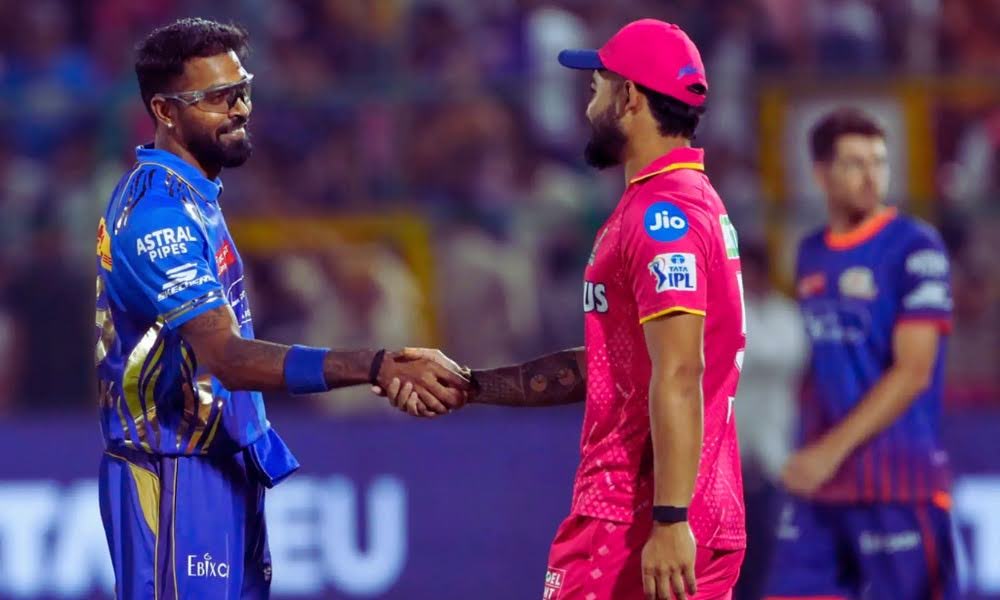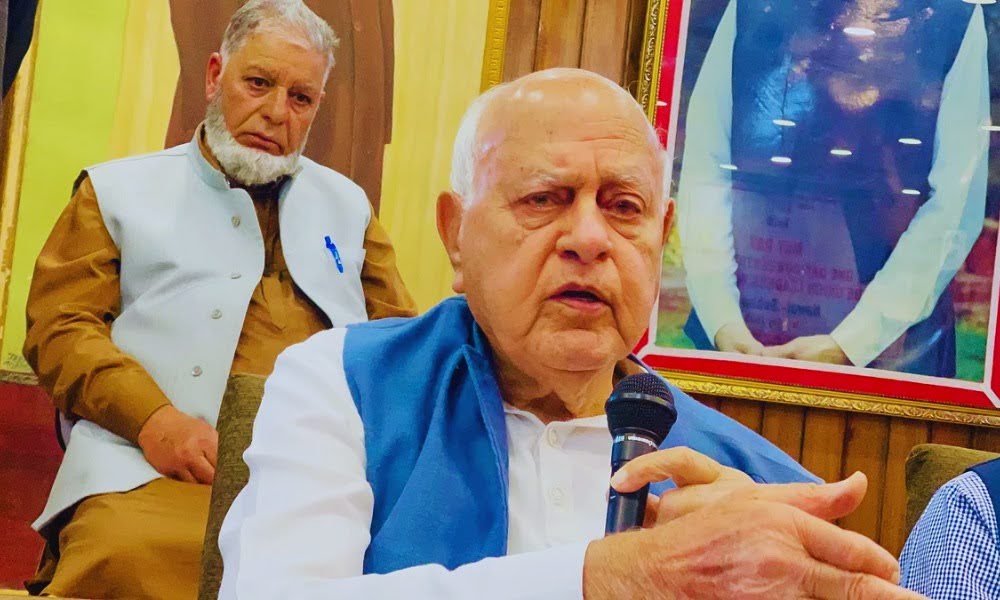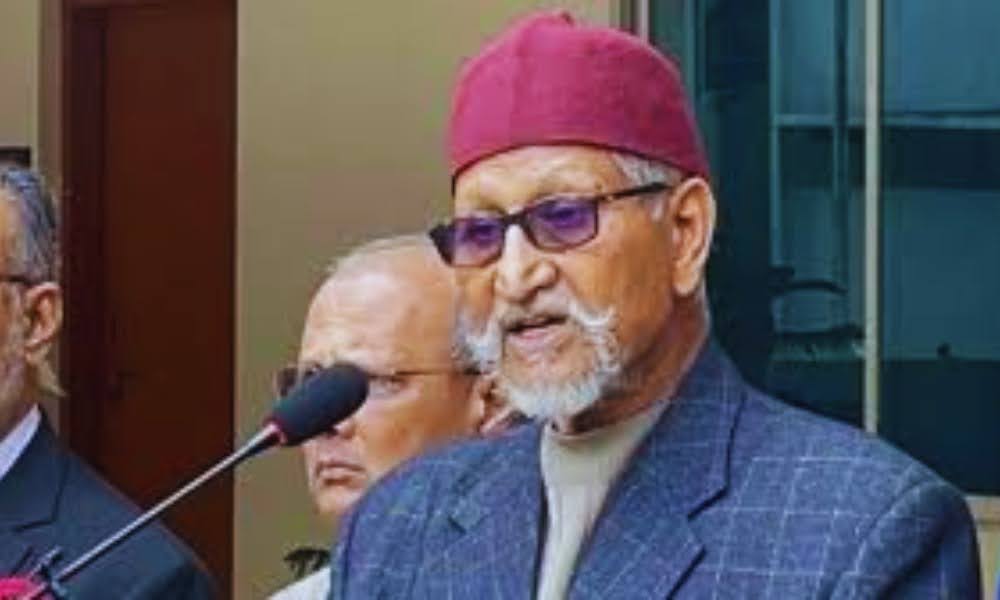Gujarati-Origin First-Time Candidates Step into Spotlight Ahead of Canada’s 45th Federal Election

As Canada prepares for its 45th federal election on April 28, four candidates of Gujarati origin have stepped forward to contest parliamentary seats for the first time.
Most of them are first-generation immigrants. The candidates are Jayesh Brahmbhatt, Sunjiv Raval, Ashok Patel, and Minesh Patel.
Political Newcomers with Strong Community Roots
Jayesh Brahmbhatt, who arrived in Canada from Gujarat in 2001, transitioned from a civil engineering background to real estate development.
He is now contesting on a People’s Party ticket. Speaking to the Times of India, Brahmbhatt said, “We stand for freedom, responsibility, fairness and respect for all, and somewhere it resonates with me.” He added, “I speak to a lot of people, and they seek change from this election.”
For Brahmbhatt, joining politics is not only about party ideology. “Parties are now identifying Indians as an important community in politics, and sub-groups such as Gujaratis are making the most of this opportunity to be represented and be heard,” he said.
Representing Calgary’s Indian Voice
Sunjiv Raval, born in Tanzania and residing in Calgary for over two decades, is contesting from Calgary Midnapore on a Liberal ticket.
A successful businessman who owns a chain of stores, Raval has also engaged with Indian community groups.
“We are fighting on issues faced by the middle class, who have been demanding better infrastructure and sports facilities, affordable housing and work opportunities for all,” he said.
On the issue of immigration, Raval believes in a balanced approach. “The country needs immigrants, but there must be a balance. We hope to restore it with the right policies. We have a voice now,” he noted.
Independent Bids from Businessmen Turned Politicians
Ashok Patel and Minesh Patel, both contesting as independent candidates, are also of Gujarati origin. Ashok Patel is running from Edmonton Sherwood, while Minesh Patel is contesting from Calgary Skyview.
Neither have a background in politics, but both have established businesses and contributed to community welfare before stepping into the electoral field.
Another Gujarati-origin figure, Don Patel, was briefly the Conservative Party’s pick for Etobicoke North. A realtor from Gujarat’s Anand, Don Patel was eventually dropped from the candidate list earlier this week.
A Growing Gujarati Footprint in Canadian Politics
According to Hemant Shah, Director of International Trade at Overseas Friends of India Canada (OFIC), the rise in Gujarati political participation is not unexpected.
Shah, a long-time Winnipeg resident and respected community voice, said, “Canada is home to more than 1 lakh Gujaratis. The community is present in almost all major cities, but more so in Toronto, Montreal, Ottawa, Calgary and Vancouver.”
He added, “Many came to the country as immigrants whereas many more arrived as students and settled here. I have been in Canada for over four decades now, and in this election, we are perhaps witnessing the highest number of candidates of Gujarati origin. Irrespective of their win, it is a significant step in ensuring representation of the community, which is the second largest after Punjabis.”
Punjabis Still Lead the Way
While Gujaratis are emerging, Punjabi representation in Canadian politics remains dominant.
Key figures include Jagmeet Singh, leader of the New Democratic Party and the first Sikh to lead a federal party; Anita Anand, Minister of Innovation, Science and Industry; and Kamal Khera, Minister of Health. Also contesting again are Sukh Dhaliwal, Liberal MP from Surrey-Newton, and Bardish Chagger in Waterloo.
Many of these Punjabi-origin politicians are incumbents defending their constituencies in cities like Brampton, Mississauga, Surrey, and Vancouver—strongholds for the Indian diaspora.
Gujarati Debut: From Grassroots to Ballot
This election is a turning point for Gujaratis in Canadian politics. For years, Punjabi Canadians were the primary Indian-origin voice in Parliament.
Now, Gujaratis are asserting their presence—drawing from grassroots involvement, business acumen, and a growing interest in shaping policy.
Though Punjabis still dominate in terms of numbers and political history, the Gujarati community’s debut signifies broader representation within the Indian-Canadian population.
Brampton in Ontario and Calgary in Alberta have become focal points for this new wave of participation, as the four Gujarati-origin candidates contest from these cities.
With Canada’s Indian diaspora expanding and diversifying, this election may well mark the beginning of more inclusive political representation across ethnic lines.







